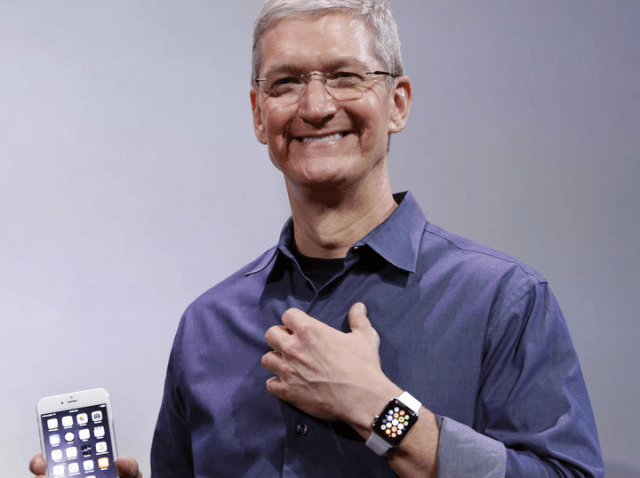Apple unveiled its highly anticipated health-tracking Watch today, along with a breakthrough initiative to vastly increase the research resources of the global medical community. With a new app, ResearchKit, millions of Apple users can now offer crucial data on their daily habits to approved medical researchers.
It’s hard to overestimate just how big the impact of this initiative can be. Arguably the most debilitating problem with health research today is lack of data; it can costs thousands of dollars to obtain just a few dozen participants for a study. And the data participants offer is rife with errors, sporadic, and not very representative of the broader population.
As an example, one of the Food and Drug Administration’s researchers, Richard Pratt, has argued that we could have saved between 27,000 to 55,000 lives had we been able to detect the deadly side-effects of the now defunct pain medication, Vioxx.
“If researchers had had access to 7 million longitudinal patient recorda, a statistically significant relationship between Vioxx and heart attack would have been revealed in under three years,” concludes the Harvard law blog, Info/Law.
It’s simple: if a study sample of 100 people sees 5 heart attacks in a year, it’s hard to know whether it was a drug or some other expected cause. With 7,000,000, it’s much easier to detect if a drug causes a slight uptick in deaths.
For now, Apple’s program is fully voluntary and is only tracking a few select diseases. For instance, Apple’s ResearchKit will track whether increased physical activity throughout the day decreases tremors in those who suffer from Parkinson’s. Instantly, the medical community will likely have access to richer and larger data than has ever existed.
However, going into the future, it will be harder and harder for Apple to maintain privacy. Statisticians are becoming quite clever at being able to identify individuals in supposedly anonymous DNA databases.
It’s a simple fact: the more data we offer, the easier it is to identify people. There are only so many 5’4″ Jewish 32-year olds living in my San Francisco zip code that also suffer from back problems.
For now, the number of people who have access to Apple’s research data is very limited and, therefore, the number of folks who would use the information for commercial or nefarious purposes is also quite small.
But as the data becomes more widely available, Apple’s ability to safeguard privacy will diminish. For now, we may have the extraordinary benefits of more information without the drawbacks.

COMMENTS
Please let us know if you're having issues with commenting.